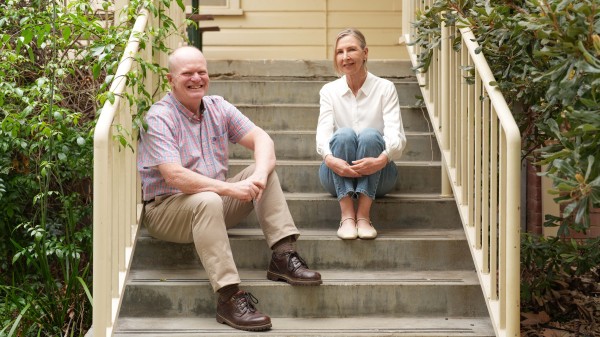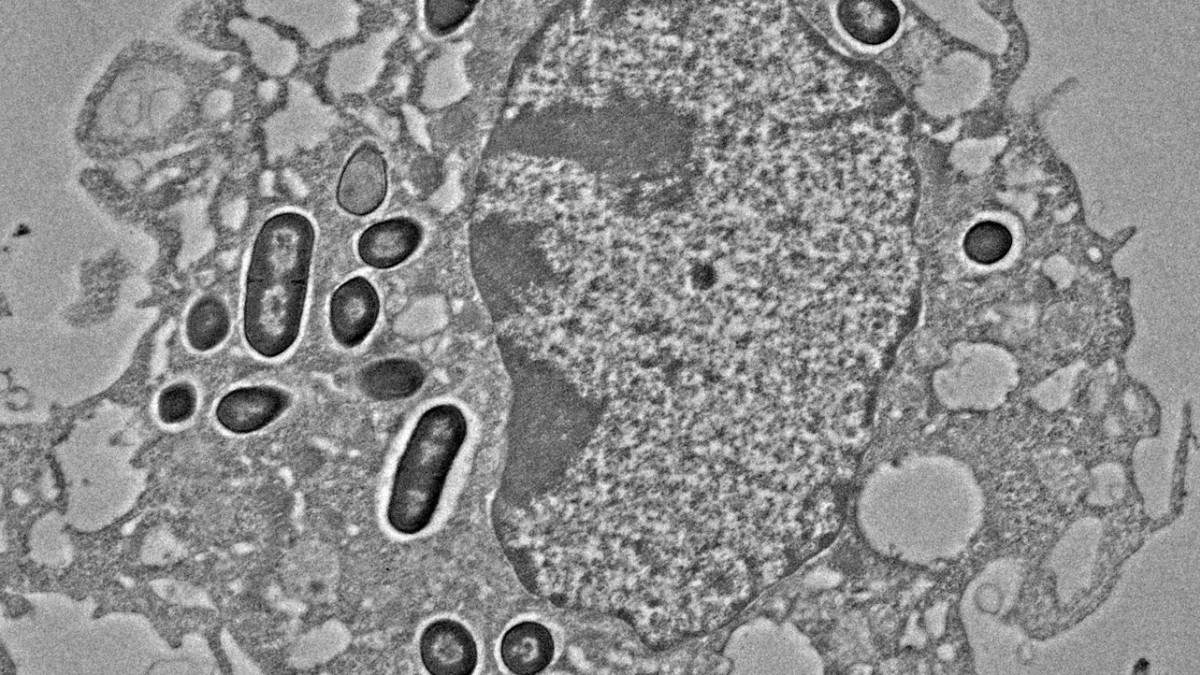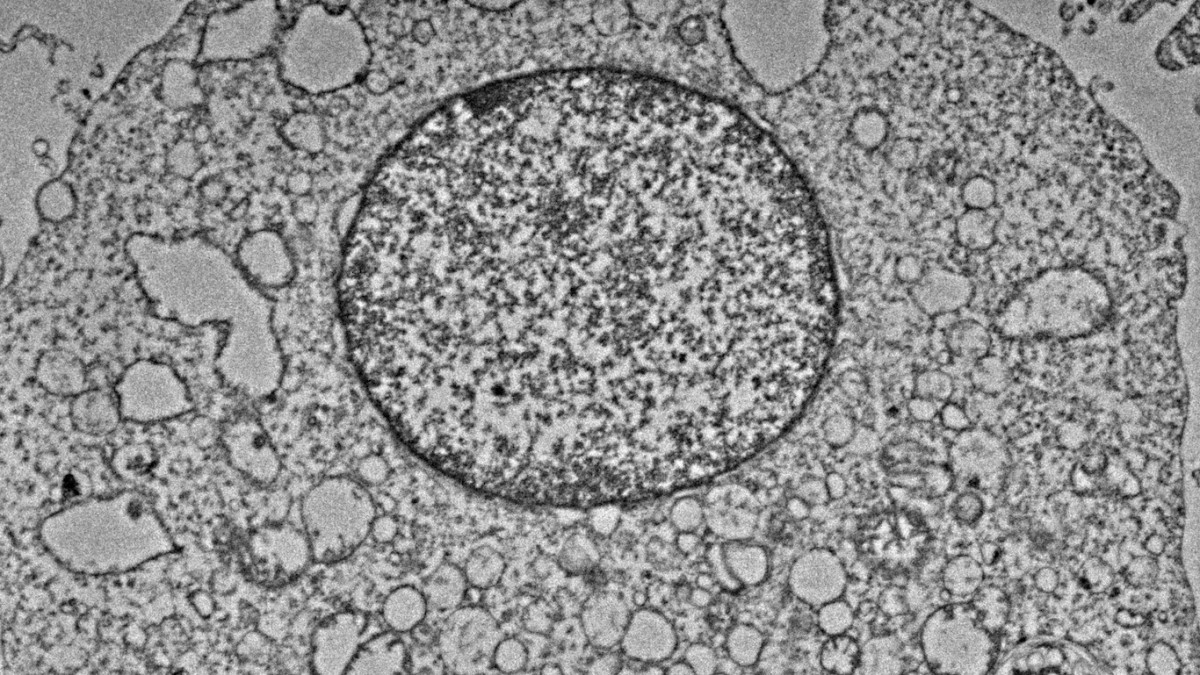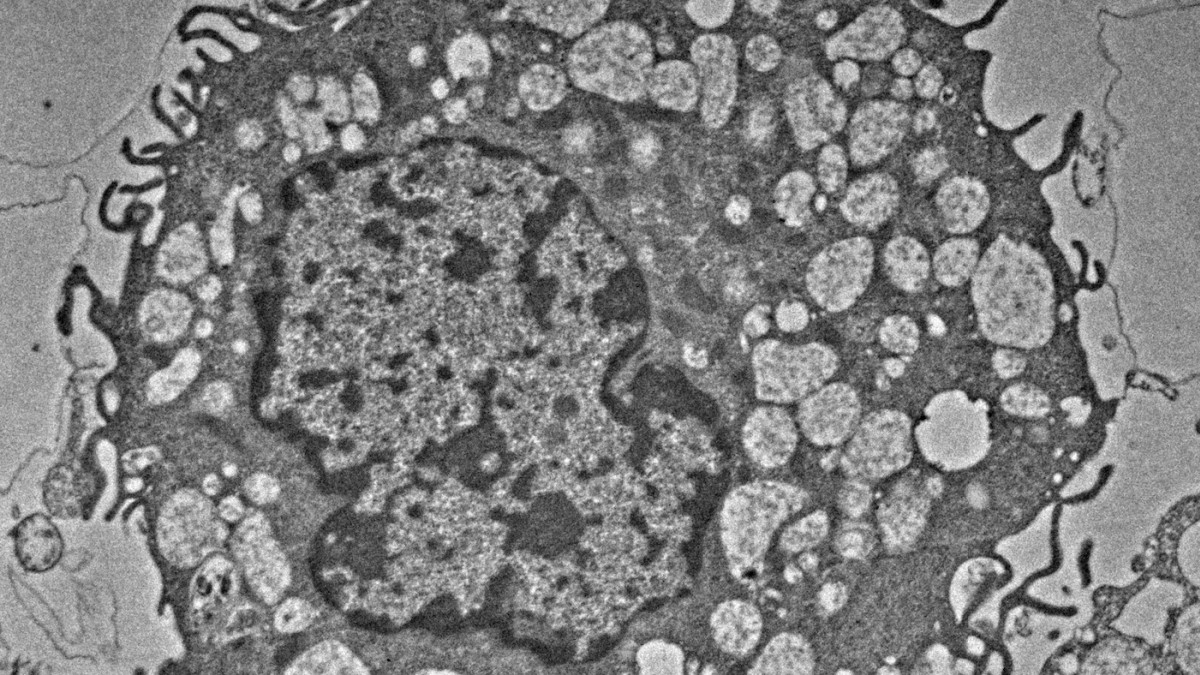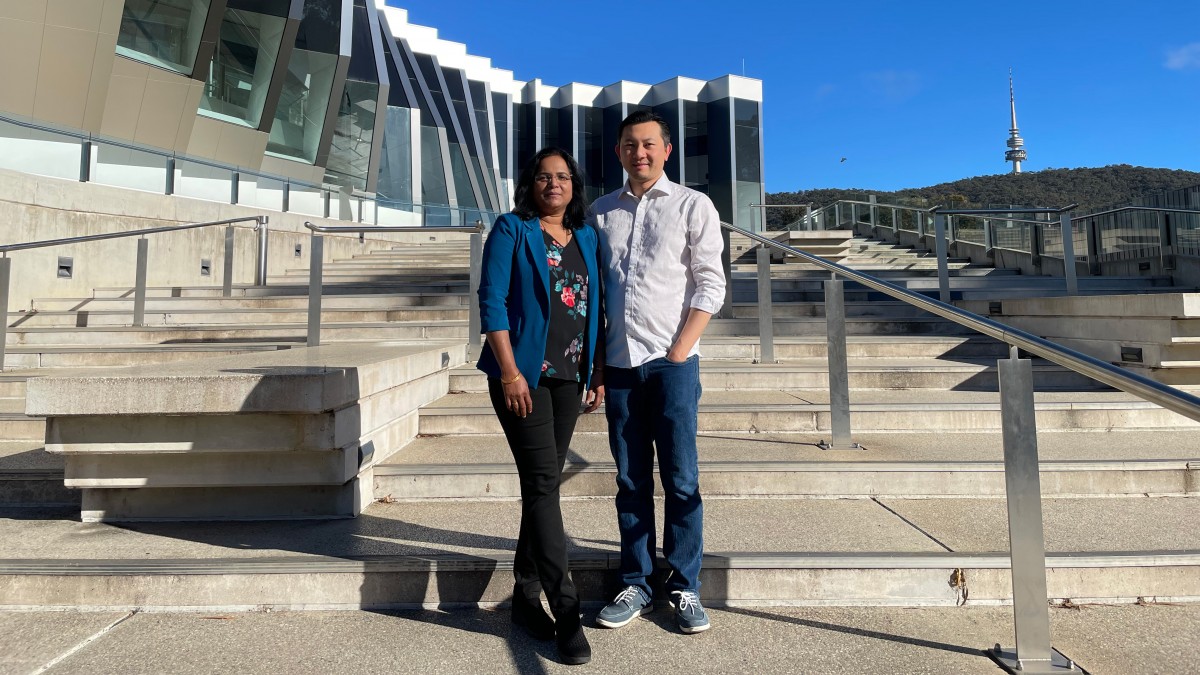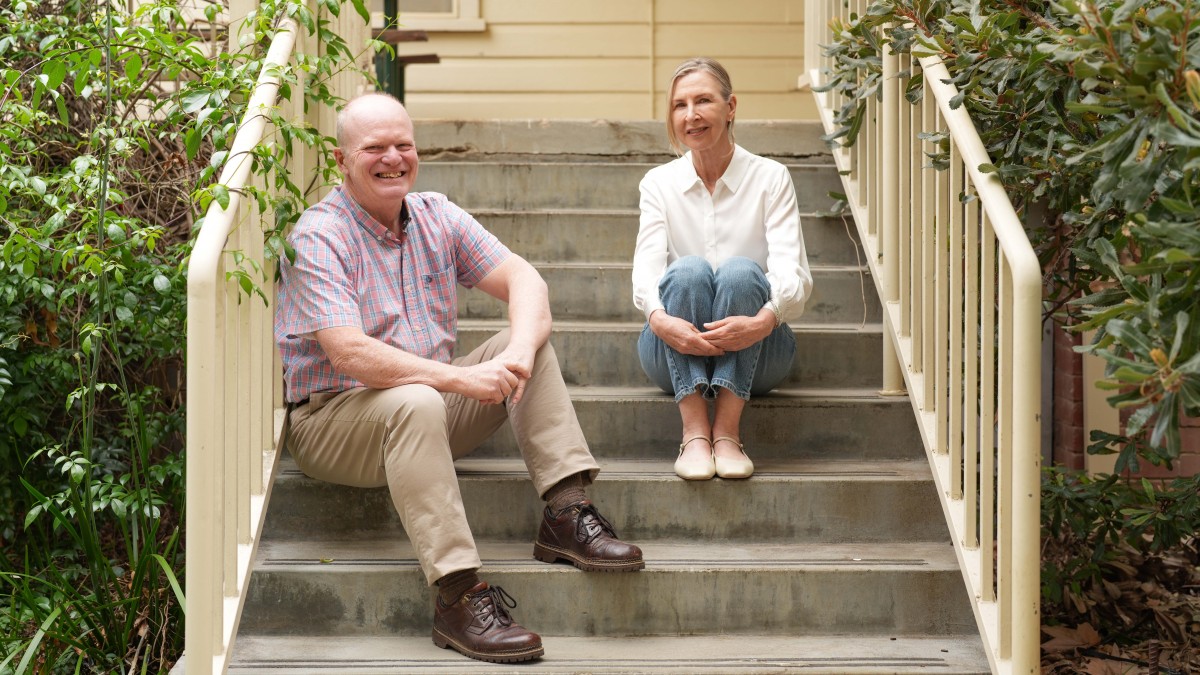In a new comprehensive overview, leading researchers in innate immunity from Australia and the USA have critically assessed the literature to offer new perspectives and significant insights into the messages dying or dead cells convey to the immune system.
The work, co-led by Professor Si Ming Man of the John Curtin School of Medical Research at the Australian National University and Dr Thirumala-Devi Kanneganti of St. Jude Children’s Research Hospital in Memphis, shines a light on the critical role of pattern-recognition receptor sensing and immune response to inflammatory cell death in disease and therapeutics.
Key Findings:
The review, published in Nature Cell Biology, delves into the interconnected processes of innate immunity, cell death, and inflammation, which underpin numerous aspects of health and disease.
Cell death is a central component of the innate immune response to eliminate infected or damaged cells and provide host defense. However, as cells undergo innate immune cell death through pathways such as pyroptosis and PANoptosis, they release molecules (e.g., cytokines, intracellular components that act as danger signals, or pathogen molecules) that can be detected by the surrounding cells. In this review, the researchers have mechanistically highlighted how the release of these molecules can alert the broader immune system to support defense against infections, but can also drive further cell death, inflammation, and pathological conditions like cancer and inflammatory diseases.
Professor Si Ming Man emphasised the importance of these biological processes, stating, "Our understanding of the mechanisms driving innate immune cell death pathways has rapidly expanded. However, the way dying cells, and their by-products further engage the innate immune system to amplify inflammation and activate adaptive immunity is still not fully clear. This will offer new research directive and expectation to provide crucial insights into these processes."
Therapeutic Implications:
Dr Thirumala-Devi Kanneganti explained the potential therapeutic implications of their findings: "Historically, the evaluation of how cells die and the products that are released during this process has been separated from investigations into innate immunity. By leveraging the literature to define the connections between innate immune cell death and pathological inflammation, we can identify new therapeutic strategies. For instance, blocking pattern-recognition receptors that sense the molecular patterns released during cell death can prevent inflammation and related pathologies. Conversely, activating certain receptors might enhance beneficial immune responses, such as anti-tumor immunity."
Future Directions:
The work also contextualizes the therapeutic potential of studies that have targeted specific pathways to mitigate diseases like sepsis, hemolytic disease, colitis, and various inflammatory conditions. For example, blocking the activation of PANoptosomes—a type of multi-protein complex involved in cell death signaling—has shown promise in reducing mortality in animal models of SARS-CoV-2 infection and other inflammatory diseases associated with the hyperactive release of cytokines from dying cells, which drives cytokine storm.
"This area of research paves the way for developing new diagnostic and prognostic biomarkers and advancing therapeutic strategies for treating a wide range of diseases," Professor Man added. "Understanding how the immune system interprets and responds to the messages from dying cells is crucial for future medical advancements."
The full review published in Nature Cell Biology.






